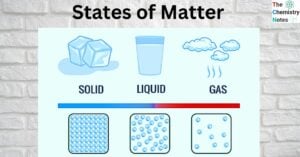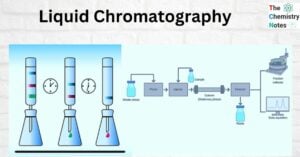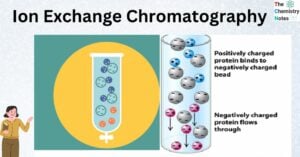5 Important Organic Reactions
Organic reactions can be better understood by summarizing the overall reaction into a series of steps known as a reaction mechanism. Organic reactions are governed by factors that are essentially the same as those that govern any chemical reaction. The … Read more









